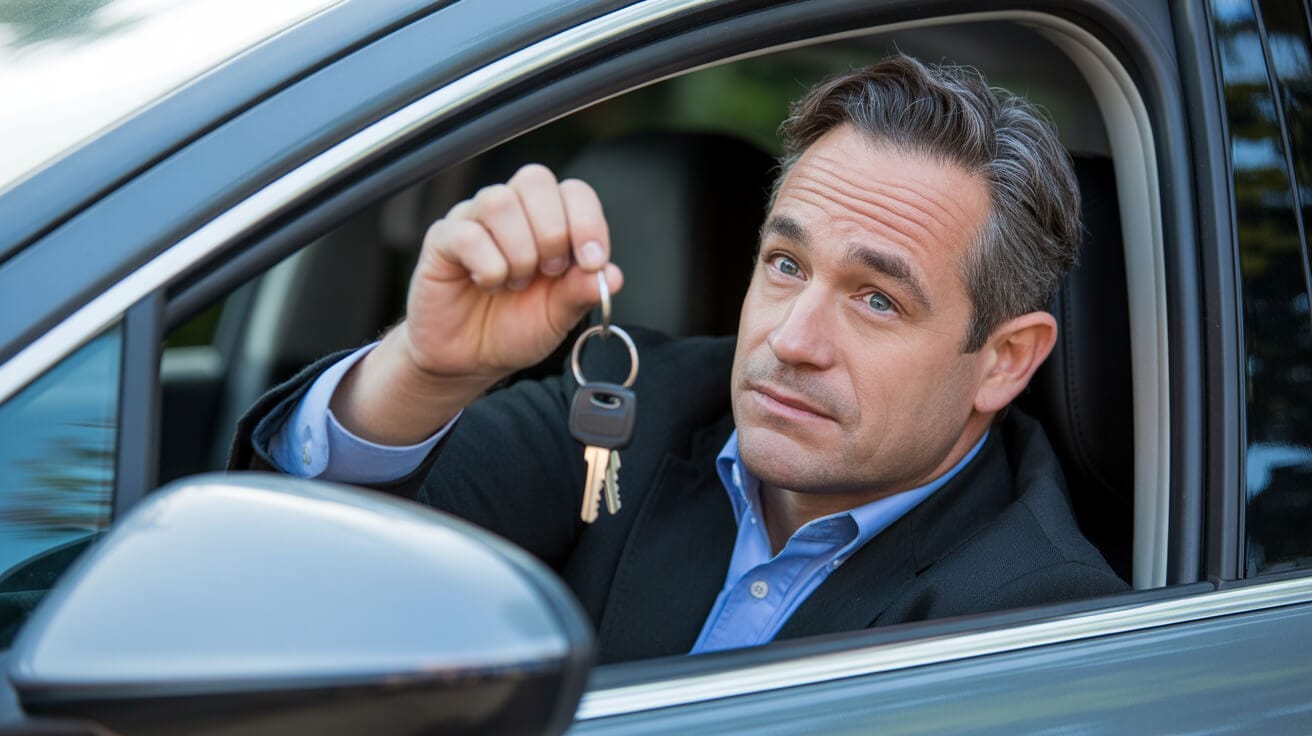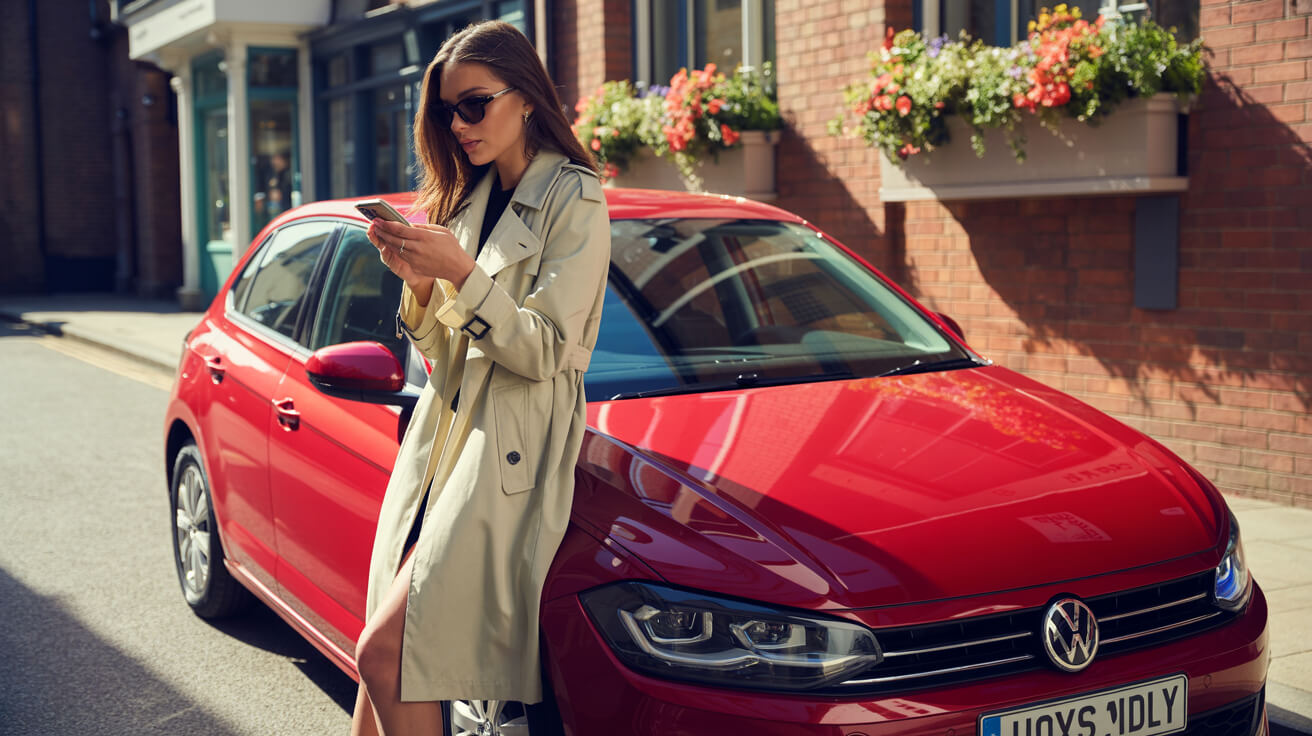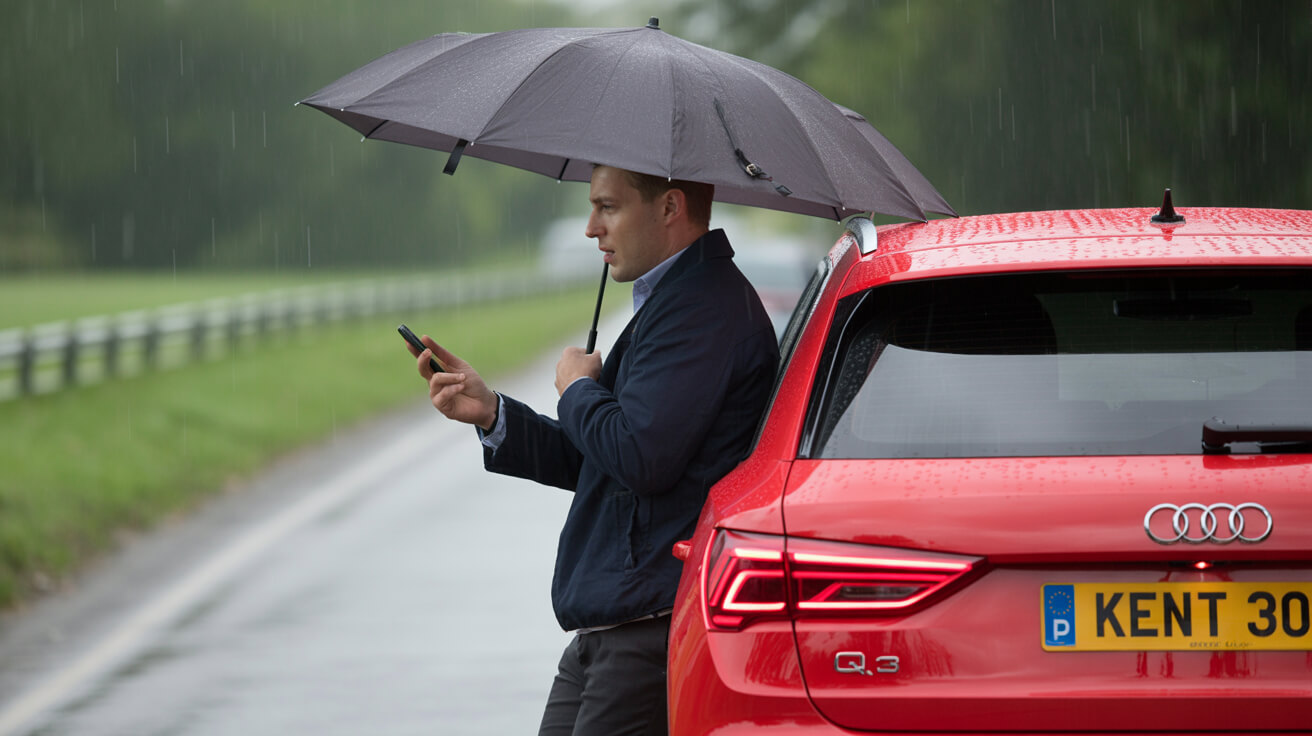What is car key programming, and why has it become essential for UK vehicles?
Car key programming is the behind-the-scenes process where your individual car key, fob, or digital credential gets electronically paired to your vehicle’s security system. This digital handshake ensures your car recognises only authorised keys, keeping your vehicle—and the data inside—more secure.
Under the skin, modern UK vehicles rely on microchips and code-based signals embedded in the key or fob. When you add or replace one, the new ‘identity’ must be introduced to the car’s security brain, which locks out imposters and blocks old, lost, or stolen keys.
Car key programming is the technical pairing of your key’s chip or device with your car’s internal security, making sure only recognised keys allow locking or starting.
Why are today’s car keys more complex than past versions?
Automotive thefts pushed manufacturers to upgrade security with chips, rolling codes, and wireless authentication. Today’s keys have become smarter, transmitting encrypted information and linking digitally to your car. These improvements protect your vehicle, but also mean that every new key requires precision programming, not just a simple cut.
Modern keys contain microchips and coded signals that must be programmed to your specific car for reliable, secure access.
Which features or systems demand key programming today?
Newer vehicles have integrated security across several features:
- Engine immobiliser systems (transponder chips)
- Remote lock/unlock fobs
- Keyless entry and push-button start systems
- App-based digital keys (e.g. “phone as key”)
If your car has any of these, fresh keys or credentials always need to be electronically matched up.
Programming covers keys, fobs, and digital or smart credentials, making sure every method of entry is secure and unique to your car.
True control isn’t just about what you hold in your hand—it’s knowing your car holds the line for you.
How does car key programming actually work for common UK vehicle systems?
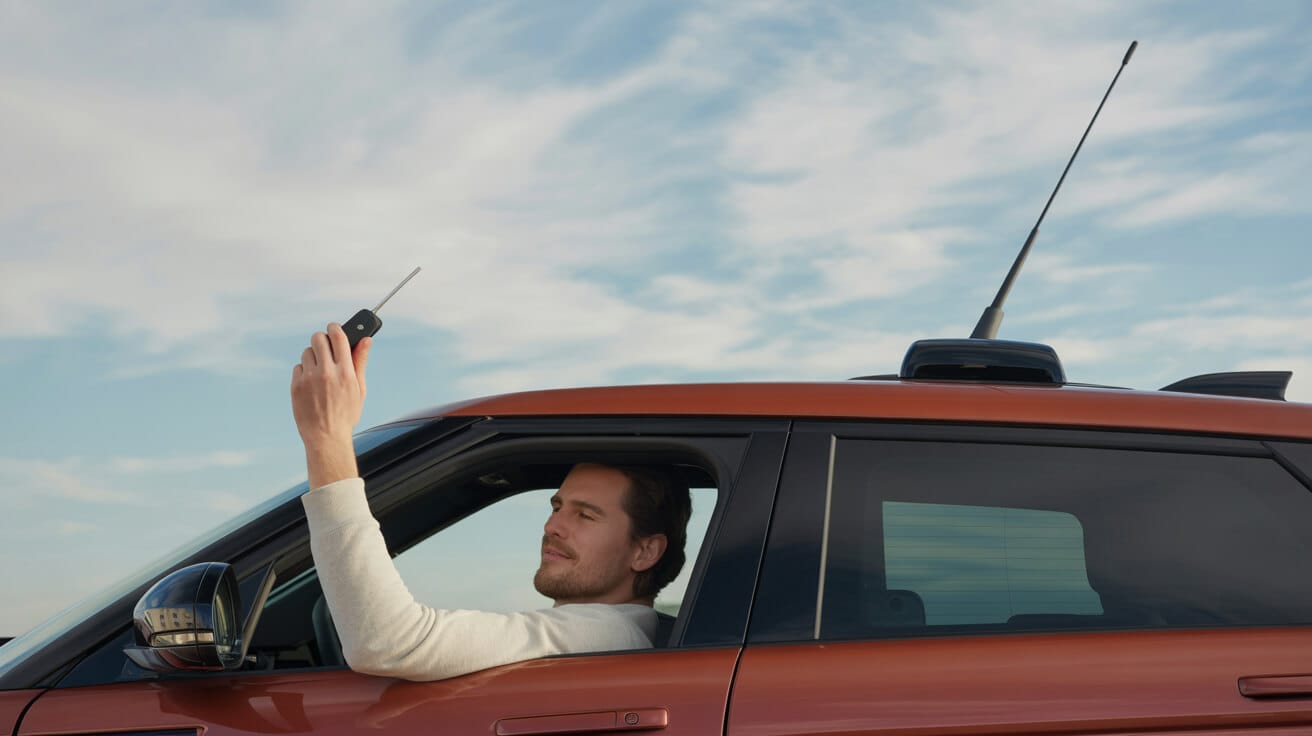
Car key programming brings together physical security and digital approval. The process always starts by confirming you own the car, then uses specialist tools to introduce a new key or device into your car’s security module, which is often locked away behind several digital checks.
What goes into programming a transponder key?
A transponder key includes a tiny chip that sends a unique code when you try to start the car. A technician plugs a secure diagnostic device into the car’s OBD-II port and walks through a carefully controlled process. The car ‘learns’ the new key’s identity, and the immobiliser memory is updated. Any key not in the memory is instantly rejected.
Transponder keys are programmed by registering each new chip with the vehicle’s immobiliser system so only matched keys permit starting.
How is programming remote fobs or keyless entry different?
Remote fobs use radio frequencies, commonly around 433 MHz for UK cars, to lock and unlock doors at a distance. Programming these devices links your remote’s unique rolling code to the car’s receiver, blocking cloned or unverified devices. With keyless entry, this process often involves both the remote and the car agreeing on a shared, changing encryption.
Remote and smart fobs are programmed so their rolling radio codes sync with your car, ensuring only your devices control entry points.
What’s special about smart or digital keys in newer vehicles?
Digital and smart keys can use phone apps, Bluetooth, NFC, or even ultra-wideband signals. Their programming sometimes needs direct pairing through the car’s main computer, cloud-based security, or even approval via the carmaker. This not only protects the car but also guards against unwanted digital access.
Programmable smart keys connect your vehicle with digital credentials—protected at both car and cloud level for heightened security.
Modern car security doesn’t just open doors; it sets digital boundaries you actually control.
Can you programme a replacement car key or fob yourself—or is a professional required?
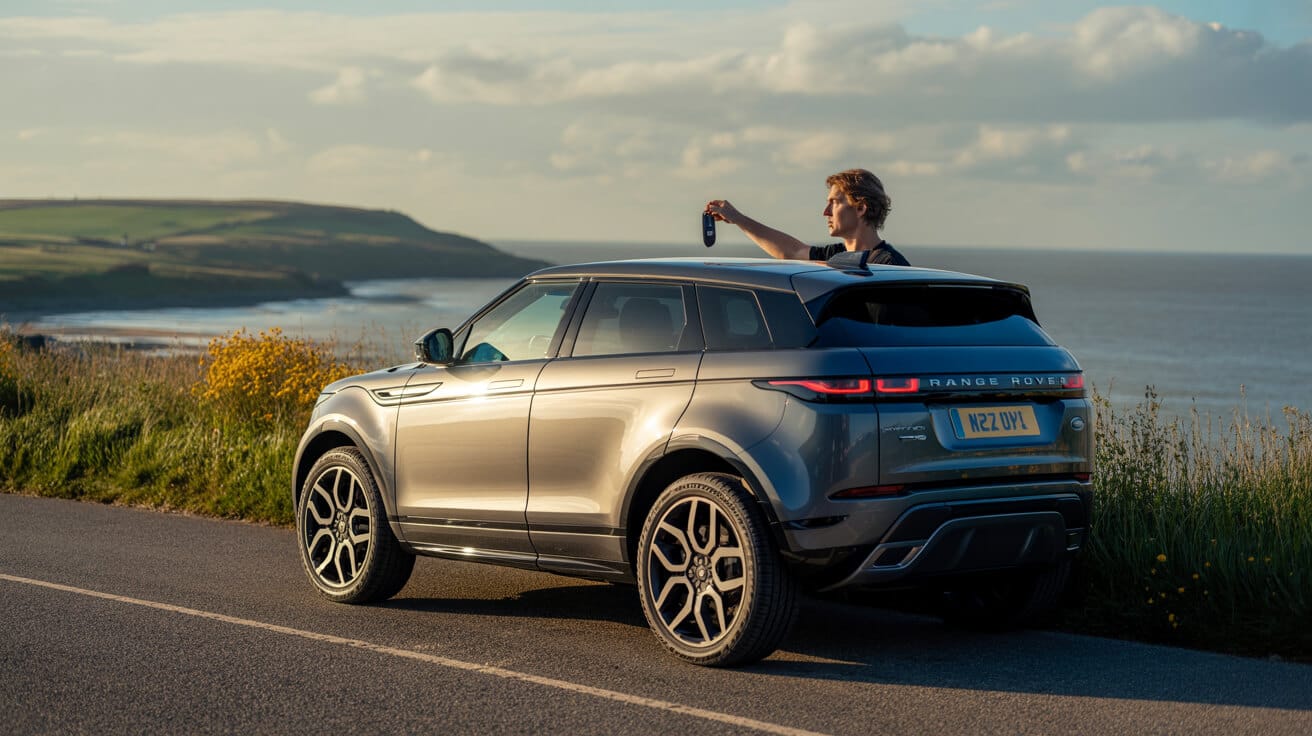
While older vehicles sometimes allowed simple self-programming, today’s cars nearly always lock this function behind professional-grade security. UK vehicle owners must balance convenience, safety, and compliance whenever dealing with keys or entry devices.
When is self-programming possible—and when is it not?
Some pre-2005 vehicles allow basic remote fob programming, following instructions from the manual. Engines that depend on electronic immobilisers (almost all modern cars) almost never permit do-it-yourself key coding, and attempts can leave your car immobilised or your warranty void.
Self-programming is limited to certain older cars; for modern vehicles, only trained professionals or dealers can programme replacement keys.
What can go wrong if you try to programme keys yourself?
Problems include:
- Unmatched or unusable new keys or fobs
- Immobiliser lockout, requiring expensive dealer resets
- Lost access to warranty or insurance support
- Potential risk to your vehicle’s electronics from failed programming
Do-it-yourself programming risks damage, malfunction, and loss of warranty coverage—mistakes often cost more than getting it done right.
What makes a professional locksmith’s process safer and more reliable?
Professionals always check identity, use certified diagnostic equipment, and document each step (including photo records). Their process is strictly non-destructive and audit-trailed, giving you warranty protection and a clear evidence chain for your car’s future value and security.
Relying on skill and compliance isn’t just safer—it’s the only way your investment and access rights stay intact.
Step-by-Step: How a professional auto locksmith programmes your car key
Step 1: Confirm ID and vehicle authorisation
Step 2: Prepare and protect the work area
Step 3: Connect specialist diagnostic equipment
Step 4: Programme or pair your key with secure system access
Step 5: Test all entry/start functions
Step 6: Log and demonstrate proper operation for you
By following these meticulous steps, every credential is added securely, with your safety and vehicle value protected.
How do UK auto locksmiths programme keys while protecting your car’s warranty and data privacy?
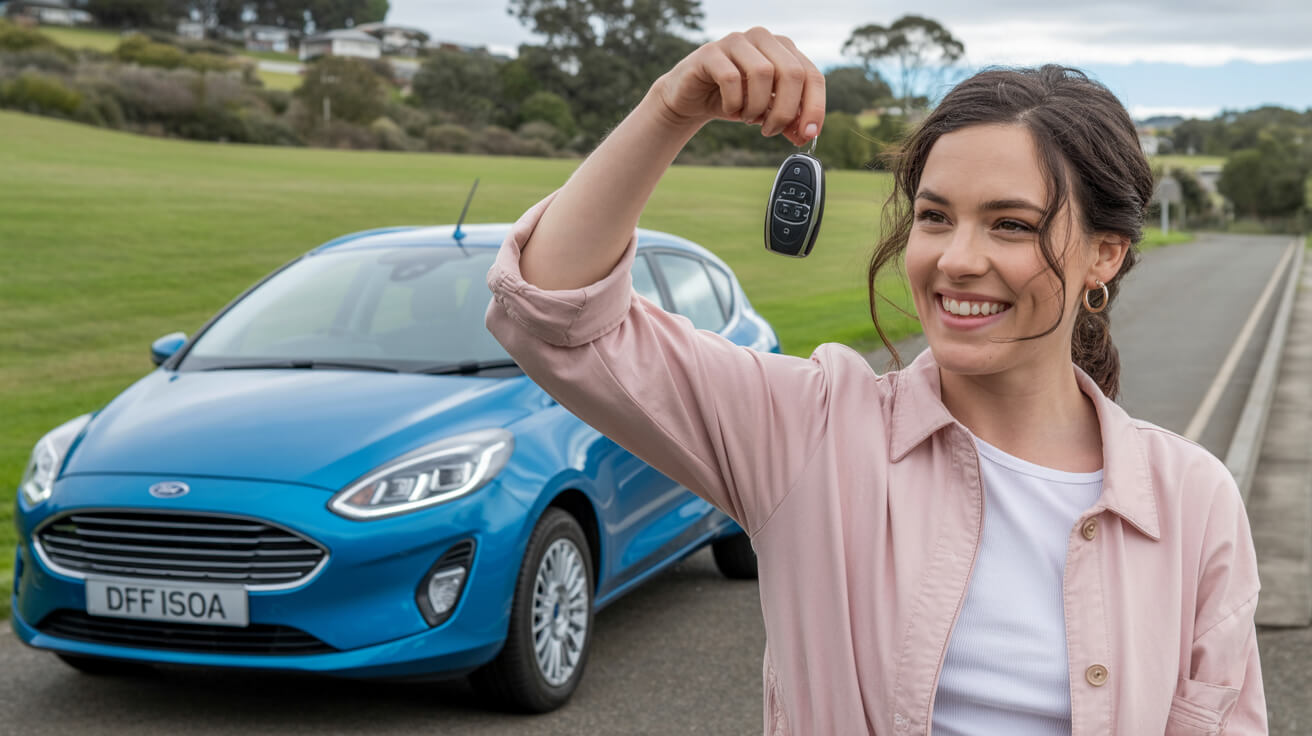
Legitimate locksmiths in the UK follow strict rules: only owner-verified work, always non-destructive first, using compliant tools—with logs and photos for every move. Compliance includes standards like ISO 26262 (functional safety) and ISO/SAE 21434 (cybersecurity), ensuring your programming is legal, safe, and fully auditable.
What tools and protocols ensure safe, warrantied programming?
Professionals operate with:
- Manufacturer-approved diagnostic equipment covering your vehicle model
- Secure workflows tied to your authorisation, never bypassing protection layers
- Evidence packs: photo documentation, job logs, and live handover demos
- Privacy practices: only minimal personal data recorded, securely retained
Approved locksmiths pair new keys using registered tools, document everything, and work under clear ethical and legal boundaries.
How is incidental damage or disruption avoided throughout programming?
Every action is taken slowly, with pre-checks on modules and trim, powered by stable vehicle or support batteries, and by using software and hardware proven to avoid harm. No force or cutting is used unless absolutely necessary and always documented if it is.
Safe programming is guided by methodical checks, precise tools, and zero-damage policies, protecting your car’s warranty from avoidable mistakes.
Actual proof of compliance—photos, logs, receipts—backs up every claim, so you’re covered for now and later.
Real safety lies in care, transparency, and never leaving a trace where there shouldn’t be one.
Are online key programming kits safe or legal for UK car owners?
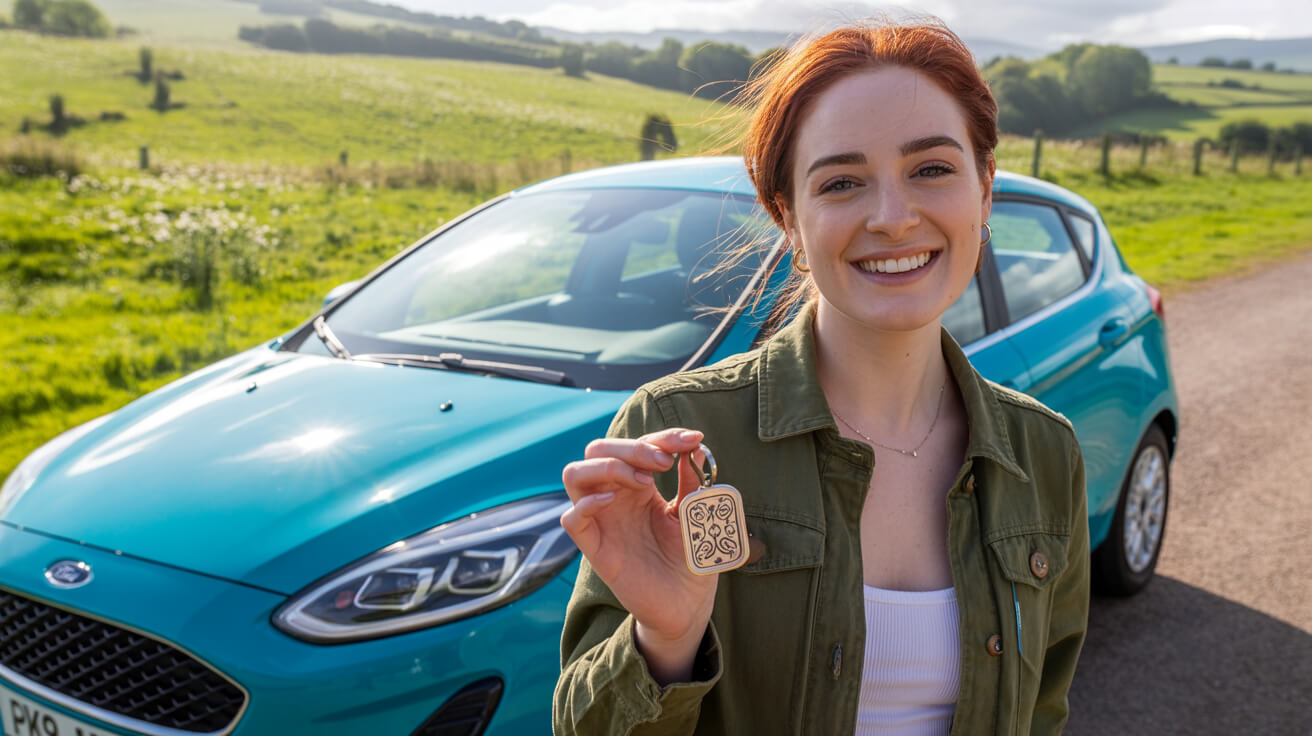
Despite their popularity, most online kits are out of sync with current UK vehicle technology and compliance. UK law says programming must only be performed by or for verified owners and using proper authorised routes—not just any tool bought online.
What does UK law say—and where’s the risk line drawn?
Programming keys is a legal right for owners, but the process must follow manufacturer and regulatory requirements. Any attempt to bypass legal or secure processes puts you at risk of system lockout, financial loss, and insurance issues. Most cars actively block unauthorised devices from pairing.
Legally, only owners or their agents may commission programming, and most cars require proof and proper paths—invalid or “grey market” kits often fail compliance and function.
Where do online kits and import tools fall short in practice?
Kits are often mismatched, lack updates, and cannot fully interface with current security modules. Risks include total lockout, partial programming that leaves your vehicle vulnerable, or permanent electronic “bricking.” If you hit a wall, there’s usually no support to fix it.
Online kits rarely offer a compliant or lasting fix—risks include vehicle lockouts, void warranties, and uninsured loss.
Table: Professional Locksmith vs DIY/Online Kit Programming
Here’s a side-by-side view of the main differences when you’re weighing your options.
Professional vs DIY/Online Key Programming Options
| Area | **Professional Locksmith** | **DIY/Online Kit** |
|---|---|---|
| Access | Legal, owner-verified | Dubious, often unsupported |
| Tools | Certified, up-to-date | Unauthorised, limited |
| Support | Aftercare, warranty | None or unclear |
| Security | Full, audit-trailed | Uncertain, risky |
| Cost | Transparent, fair | Risk of repeat/failure |
| Result | Reliable, future-proof | Variable, often fails |
The cost of cut corners often doubles when it leads to forced repairs and extra stress.
When trust and reliability count, shortcuts often leave you locked out—in every sense.
What happens during professional vehicle key programming, step by step?
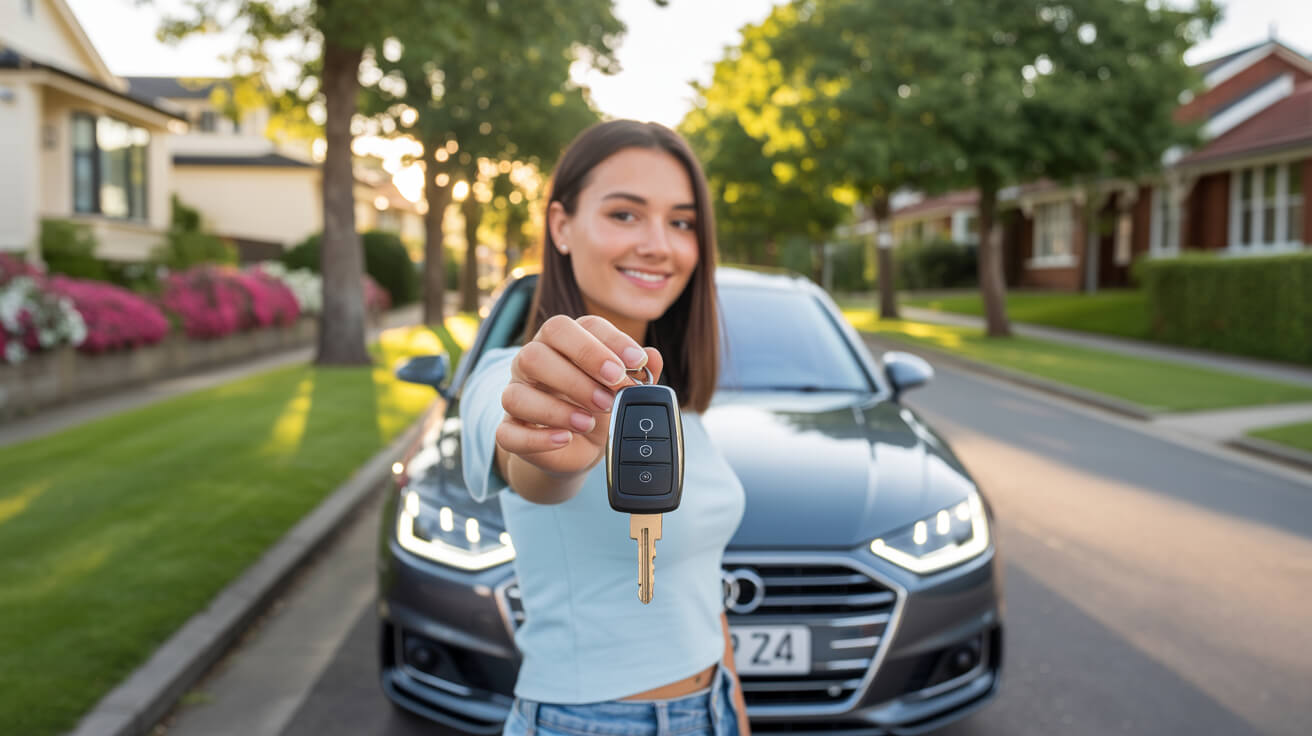
Every legitimate key programming session follows a defined ritual, from verifying your identity to hands-on demonstration, so you know your car’s security and function are squared away.
What does the end-to-end replacement process look like in practice?
A pro starts with full ID and vehicle ownership checks, preps the work zone for scratch-free access, connects diagnostics (never before consent), then walks each programming and pairing step, testing every function along the way. Only after you’re satisfied is the job logged as complete.
From start to finish, programming involves verification, protected setup, secure programming, thorough testing, and full written documentation—all in one seamless process.
Step-By-Step: A Snapshot of Professional Key Programming
Step 1: Confirm ownership
Step 2: Safety and work area checked
Step 3: Car-specific diagnostics connected
Step 4: Secure programming procedure begun
Step 5: New keys or devices programmed
Step 6: Every entry and start function tested
Step 7: Operation demoed, work documented, handover done
This system avoids guesswork, protects both car and owner, and ensures your investment is properly tracked for warranty and future access.
Speed is nothing without certainty—professionals focus on single-visit fixes, ensuring your schedule is never held hostage by avoidable errors.
What causes programming failures or issues—and how do experts diagnose and fix them?
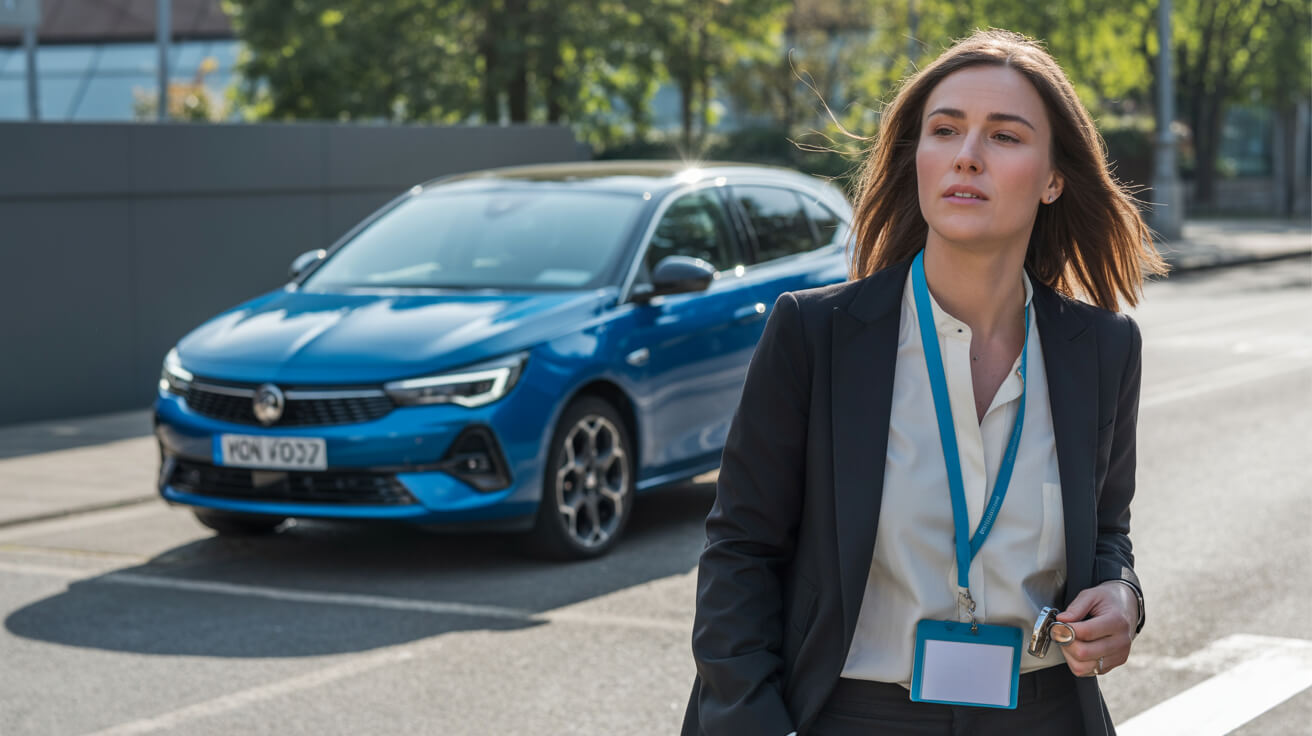
Small slip-ups—like a low battery, signal interference, or unlinked spare—can interrupt programming. The most seasoned locksmiths anticipate, catch, and resolve problems before they snowball.
What most often goes wrong during programming?
- Weak or unstable vehicle power
- Sleeping or error-prone security modules
- Interference from nearby radio devices
- Keys or remotes not compatible with your vehicle
- Diagnostic or software mismatches
Failures usually trace back to faulty batteries, compatibility confusion, or electronic interference—issues that skilled pros routinely diagnose and remedy.
How are these problems managed in the moment?
A professional revisits each checklist, reboots equipment, and draws on backup keys or demo fobs for troubleshooting. Full records are kept so nothing gets lost—fixes are documented, not hidden.
When problems arise, technicians rewind to a proven start point, isolate and fix issues, and leave a clear service record.
Mistakes only become headaches when they’re left in the dark—great locksmiths prevent that at every turn.
Control is confidence—and confidence is built when every step, fix, and finding is proved.
How does professional car key programming protect your vehicle’s value and your access security for the future?
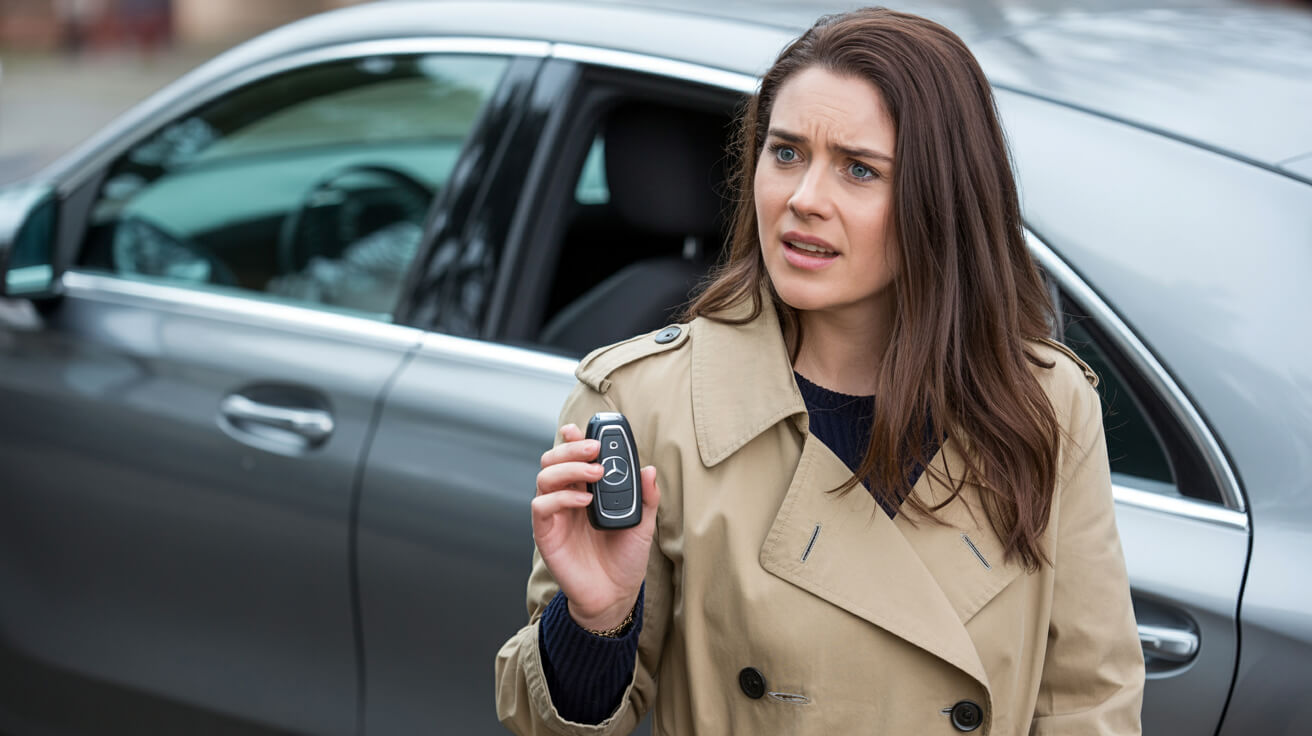
Every step by a trustworthy specialist adds layers of trust and documentation. Non-destructive methods, clear records, and compliance with both law and warranty keep your vehicle, history, and resale value secure.
How does “non-destructive-first” relate to your car’s value?
By starting with gentle, visual-first checks and the correct tools, professionals avoid cosmetic or electronic harm. They preserve module logs, keep diagnostics healthy, and guarantee everything can be tracked—critical when selling, transferring, or insuring your car.
Non-destructive procedures mean your car stays as the factory intended, maximising future value, legal standing, and peace of mind.
What proven signs of trust should you look for in any specialist?
- Full ID and paperwork review before work begins
- Transparent, up-front written quotes and timelines
- Photographic logs attached to every action
- Warranty explanations and in-person handover by the same expert
Accountability shows in transparent quotes, documented work, and live demonstration—insist on this every time.
You deserve clear records and plain language—no mysteries, no missing steps.
Security and trust go hand-in-hand—the right specialist isn’t afraid to show you the whole journey.
When should you plan to update or reprogramme your car keys, and how can you future-proof for new tech?
Updating isn’t just for emergencies. Evolving technology, changing drivers, and new digital features all create moments when proactive programming saves you time and stress.
What life changes or events call for key reprogramming?
Triggers include:
- New drivers joining your household or business
- Lost, stolen, or broken keys/remotes
- New car features, security upgrades, or system updates
- Prepping for resale or transfer of ownership
Don’t wait for an emergency—update or add keys when drivers or needs change, or after any security or system update.
How do you stay ahead with the tech in digital, app-based, or “smart” keys?
Stay up-to-date by:
- Regularly updating car firmware and apps
- Coordinating with your locksmith or dealer for feature onboarding
- Recording every programming event for future reference or transfer
Actively managing your digital keys—updates, records, and advice—helps you keep smooth, secure control over your car’s access.
Your future self (or next buyer) will thank you for having a clean record and up-to-date digital credentials.
Choose Autolocks Ltd for secure, traceable, and ethical car key programming built around your needs.
Autolocks Ltd puts vehicle owner trust, safety, and compliance first. Each job is grounded in verification, detailed documentation, non-destructive methods, and data privacy compliance. From your first enquiry to your working key in hand, you’ll see transparent pricing, live demonstration, complete records, and clear aftercare support.
For secure access and confidence that matches your vehicle’s design, trust your car and your peace of mind to Autolocks Ltd. Where your control, records, and ongoing access are built to last—by specialists who document every move, never cut corners, and put your interests first.
Frequently Asked Questions
What really happens when a car key is programmed—and why does this change how you safeguard your vehicle?
Programming a modern car key isn’t just an extra step; it’s the silent lock-keeper securing your car’s digital fortress, wiping away every shadow of old access and pairing every new credential—blade, fob, or smartphone—directly to the heart of your vehicle’s control modules. In today’s UK cars, a cut key is dead on arrival unless it’s cryptographically matched to your immobiliser and security chips. Professional programming means every remote, every digital pass, even every rescue key, is now sealed to you—while every lost, sold, or stolen credential is instantly shut out. You get more than entry; your insurance and warranty ride on this handshake, turning what used to be a locksmith’s job into the backbone of your car’s value, safety, and future resale.
Real control is knowing every spare key—past, present, or phantom—is either officially yours or officially erased.
Why isn’t cutting a key enough anymore?
Oldschool keys could be copied in any shop—easy for you, easy for thieves. But today, your car demands a digital contract: a unique data handshake between your key, the immobiliser, and access modules. Miss this step, and your so-called “spare” stays locked out—or worse, you leave invisible holes for past owners or cloned fobs. Insurers and manufacturers are now insisting on proof that your access history is clean; an unprogrammed key or unverified fob can even void claims after a theft.
When does programming really matter?
- After any loss, theft, or suspicious access
- When changing drivers or upgrading to smart/phone-based keys
- Buying a used car—don’t gamble on what’s left lurking
- Post-repair or theft attempt (to lock out old access)
- Anytime a system update or hardware change alters original credentials
How does Autolocks Ltd make this bulletproof?
Each job is its own audit session—your ID is checked, every new key is digitally whitelisted, and every stray is burned from memory. There’s a tamper-proof, time-stamped log kept for insurance, sale, warranty, or your own peace of mind. That’s the difference between secure and “just works.”
Can a car owner programme keys themselves—or does today’s tech demand a professional?
Unless you drive a vintage pre-2000, programming keys in your holiday driveway is now mostly myth. Common UK makes—Ford, VW, BMW, Nissan, Toyota, and more—have firewalled their immobiliser chains and RKE modules behind encrypted protocols. The days of “turn the ignition three times and press the fob” are gone. Genuine programming now requires dealer-level or authorised specialist tools, security seed calculations, and compliance logs that DIY dongles and eBay kits simply can’t access. Attempting a homebrew fix? Expect error codes, warning lights, or—worse—a frozen module that costs hundreds just to reset.
Shortcuts here become breakdowns later: a £50 gamble can turn into a four-figure, tow-truck headache.
What does a pro bring that a hack or kit never can?
- Secure access tied to your car’s live manufacturer database—no guesswork, no shortcuts
- Your ID and ownership verified before any work, meeting legal and insurance standards
- Step-by-step audit trail—what was done, by whom, when—fully transparent
- Passive aftercare: if issues emerge weeks later, your record triggers support and warranty
What are the real risks of a DIY or “cheap kit” job?
- Modules detect unauthorised attempts and may trigger anti-theft lockouts
- Incomplete memory wipes leave “ghost keys” or phantom access for old owners
- Damage to encrypted modules means shelling out for tows and dealer repairs
- Missed compliance can void both your insurance and warranty
With Autolocks Ltd, your session is certified on the spot—no room left for error, guesswork, or regret.
How does a specialised locksmith guarantee safety for both your electronics and your wallet?
A real auto locksmith isn’t just a guy with a toolkit—it’s your car’s digital guardian, blending surgical non-destructive methods with manufacturer-level programming. Every job starts with a lock-tight chain of ID verification, protects your trim and tech from the first contact, and then plugs in only via safe, secure, model-specific diagnostic tools. Keys or fobs are programmed via the official data handshake—every new credential added, every ex-key erased, all within system limits that protect your warranty. No forced resets, no “hope-and-pray” code mashing, and your audit trail is built live: what was done, with what tool, at what time.
Here’s how Autolocks Ltd locks in your peace of mind:
- Non-destructive, panel-safe techniques—trim and wiring stay untouched
- Every device regularly calibrated and software-updated to manufacturer specs
- Owner and vehicle ID checked, every job—every time
- Event is logged, tested, and handed back with live demonstration and official paperwork
Bringing in the right pro is the difference between securing your investment and sinking it.
Why choose a specialist over a main dealer?
Autolocks Ltd moves faster, stocks every major UK credential, and brings the workshop to you—roadside, home, or work. By sticking to certified, logging-first protocol, you get every manufacturer policy, insurance, and warranty protection, but without the wait or big-brand price tag. Every job ends with you in command, holding the evidence.
Do online “key programming kits” put your car’s security—and legality—at risk?
If you’re shopping for quick fixes online, you’re inviting a pair of headaches: first, most “all-car” kits are at least a generation behind in both software and certification; second, UK law and insurance both treat unauthorised attempts as either null or actively risky. Many kits skip core compliance, skip owner ID, and skip logs—turning what could be a routine update into a module-bricking, claim-voiding nightmare. Major UK insurers, manufacturers, and the DVLA all require that each programming event is traceable to verified identity. Skip that, and you risk insurance refusal, warning codes, or even permanent immobiliser lockout.
What you don’t know about your kit can erase your car—and all claims—with a keystroke.
Legal and warranty implications—where do you stand?
| Autolocks Ltd / Dealer | Online DIY Kit | |
|---|---|---|
| Verified ID required | Always | Rarely or never |
| Warranty & insurance | Fully retained | Likely voided |
| Security updates | Each job | Often never |
| Compliance log | Full audit & handover | None |
| Support/aftercare | Included | Not possible |
- Failed DIY can force expensive resets or hardware swaps, both outside warranty
- Insurers will often walk away from any claim if logs don’t match service
- Resale or part-exchange can fall apart with missing or inconsistent records
Choosing a specialist means your risk is sealed off; your compliance, security, and money stay intact.
How long should you expect car key programming to take? What if every key is missing?
For a standard UK car, the complete cycle—owner check, system handshake, credential programming, memory audit, and live function test—ranges from just 15 to 45 minutes. The curve bends with complexity: high-end smart keys, app-linked or “all keys lost” scenarios involve additional security checks, credential rotations, and manufacturer cloud syncs. But with prompt paperwork, preparation, and a true specialist, even an “all keys lost” event can be fixed on the spot, rescuing both your convenience and car’s long-term value.
| Process Step | Minutes |
|---|---|
| ID & vehicle check | 3–6 |
| Preparation/safety setup | 3–6 |
| Diagnostics & handshake | 3–8 |
| Key/programme/verify | 7–20 |
| Credential audit/logging | 2–6 |
| Demo/aftercare handover | 3–8 |
| **TOTAL (most jobs)** | **20–45** |
For those who prep their paperwork ahead, a lost fob today rarely means a lost day.
“All keys lost”—is it really your worst day?
Only if you wait. With manufacturer credentials and full van stock, Autolocks Ltd can reprogram, cut, and credential new keys same day—no tow, no wait, and old keys instantly erased from your car’s digital memory. Proactive owners keep a spare cut, programmed, and stored. It’s the single cheapest investment against a future headache.
Which makes, key credentials, or platforms need programming—and how do EVs and digital keys change the game?
Virtually any UK vehicle from the mid-90s onward (Ford, VW/Audi, BMW, Vauxhall, Nissan, Toyota, Peugeot, Tesla, and beyond) demands secure programming for all keys, fobs, and digital access. Proximity “smart” keys, phone-based credentials, and mobile app keys raise the stakes: changes now span encrypted Bluetooth, UWB, and even cloud-to-car sessions. Attempt to add a driver, recover from lost keys, or upgrade your tech without full protocol, and you risk both your current state and future resale/insurance compliance.
System snapshot: who uses what—and where programming is required
| Make/Model | Mech Key / Chip | Remote / Smart Key | Digital / App Option |
|---|---|---|---|
| Ford/JLR | HU101 & ID47 | Standard Fob, SmartKey | BLE / app (latest trims) |
| VW Group (VAG) | HU66 & ID48 | Fob, UWB (premium) | BLE/UWB/app (late/EV) |
| BMW/MINI | HU92 & ID46 | Diamond/Square Remote | Digital key (phone, NFC/UWB) |
| Toyota/Nissan | TOY43/NSN14 & ID46 | Card/Smart Fob | App/I-Key/SmartKey (TRIM_DEP) |
| Tesla/Polestar | No Mech key | App, NFC card | UWB/BLE/app—digital only |
What’s unique for EVs and digital-first vehicles?
- Every credential is software-provisioned, not just cut and paired
- Provisioning sequences: device handoffs, secure app binds, instant revocations
- Compliance logs flow directly to cloud or audit database
- Only full protocol ensures every access point is visible and secured—across all modules
Specialist programming is the only sure way to secure today’s digital and electric platforms, with risk and value compounded by what you can (or can’t) track.
Why is choosing a certified specialist like Autolocks Ltd a direct investment in your car’s security, convenience, and resale value?
Every session with Autolocks Ltd is more than a fix; it’s the certification that puts you in undisputed control, backed by bulletproof compliance and a living record for insurance, warranty, and sale. Non-destructive methods guard your trim and modules, transparent logs confirm every credential’s journey, and aftercare is always included—making your vehicle as secure for resale as it is for daily use.
Trust, compliance, and value—what do you actually get?
- Step-locked owner & vehicle ID checks, every time
- Live, model-specific programming and real-world verification
- Secure erasure—no “ghost” fobs or old owner access
- Audit log, aftercare, and warranty in writing
- Coverage for every major (and modern) UK/EU system, including the latest digital and app keys
Vehicles keep their best value—and earn their highest trust—when their access chain is certified, secured, and fully logged by an expert.
Ready to move from outdated or risky access to guaranteed security and future value? Trust Autolocks Ltd to make your next entry the safest—and smartest—move your car will ever see.

